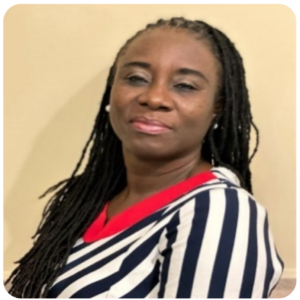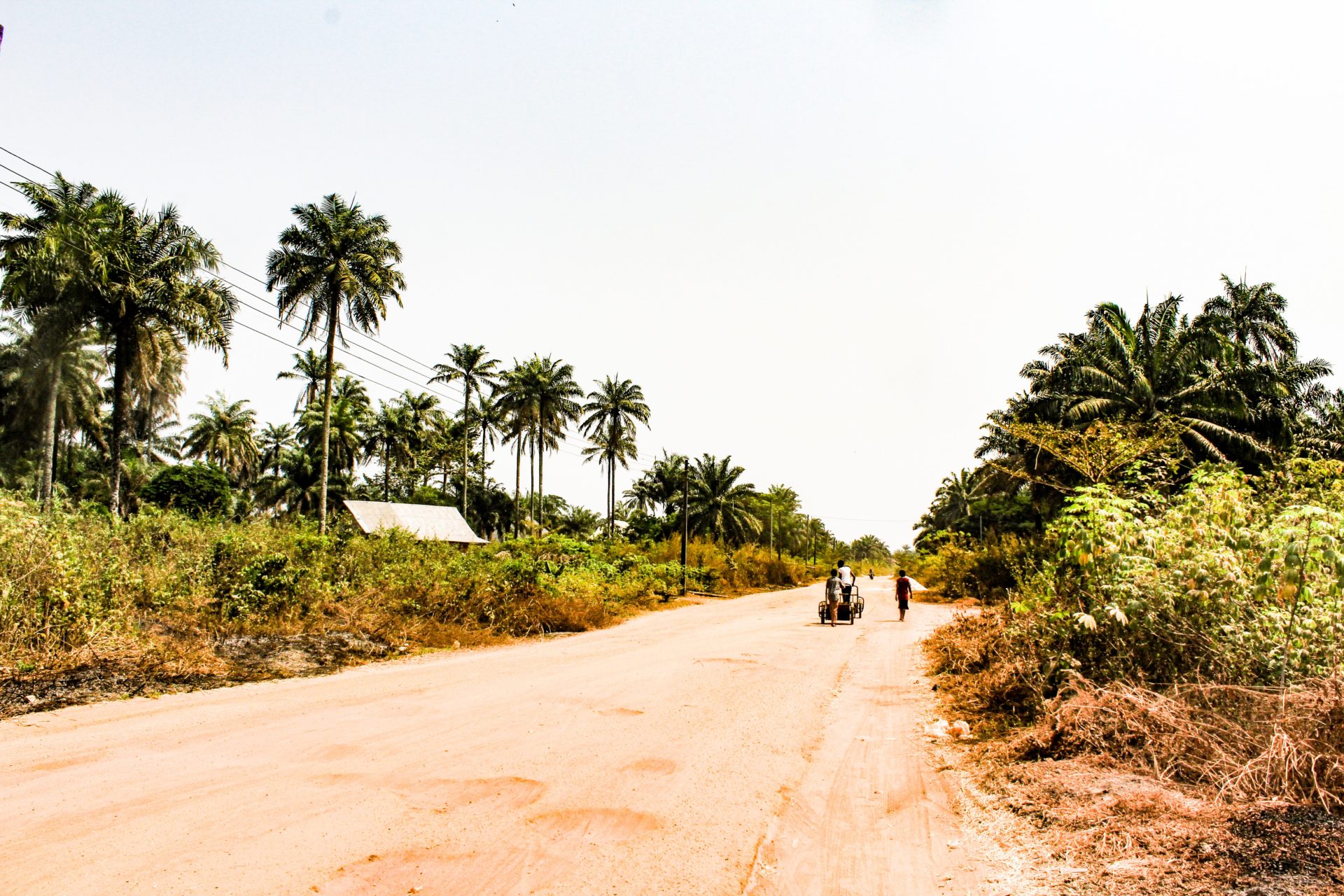Building a Better Ecological Consciousness: A Discussion with Dr. Elizabeth Andrew-Essien
Written by Population Connection | Published: October 18, 2021
Earlier this month, we sat down with Dr. Elizabeth Andrew-Essien, a professor at the University of Calabar in Nigeria, to discuss the intersections between ecological stability and increasing industrialization in Nigeria and globally. Generally speaking, industrial processes can facilitate economic growth, infrastructure development, and urbanization, which can all improve living standards. But these processes also increase the ecological exploitation of resources, which cause emissions to rise alongside per capita carbon footprints, oftentimes, faster than ecosystems can regenerate.
“Humans are rushing to build, conquer, and develop. At the same time, natural processes take time and are based on equilibrium,” Andrew-Essien said. “Nature works with time, and mankind is in the fast lane, not taking into account the stability of these processes.”

Nigeria is currently in its second phase of demographic transition, where death rates have dropped but birth rates remain high. Widespread inequality and rapid population growth threaten to undermine the country’s developmental progress, including benefits such as technology and urbanization typically afforded through industrialization.
Nigeria, which Andrew-Essien calls “the powerhouse of Africa,” is one of the world’s fastest growing and most prominent emerging economies. By 2050, Nigeria is projected to surpass the population of the United States, becoming the third largest country in the world. Andrew-Essien said as populations increase, poverty also increases when natural resources don’t replenish in time to fulfill human demand. There are currently 87 million Nigerians living in poverty—41% of Nigeria’s total population.
Over 60 percent of women ages 15 to 49 in Nigeria currently have an unmet need for contraception. Andrew-Essien said religion and culture, in particular, can present barriers to advances in reproductive health and education. According to one study, only 5.6% of Muslim women, 25.8% of Catholic women, and 26.4% of women who practice other forms of Christianity use contraception in Nigeria. In Nigeria’s northern states, more than half of girls ages 5 to 14 do not go to school. Andrew-Essien added that in rural areas, male children are often viewed as superior because they extend family lineages, and higher numbers of children can be beneficial for farming and hunting. “In [some] rural areas … If you have female children, you technically haven’t given birth yet. Male children are viewed as superior because they’ll extend family lineage and name,” she said.
One way to build equity and “ecological consciousness” at individual and institutional levels, according to Andrew-Essien, is by expanding access to education and voluntary family planning, which improves the health and well being of entire families. Additionally, access to family planning enables women to autonomously manage whether and when they become pregnant, which facilitates higher education rates for women and girls. And women who are educated tend to have fewer, healthier children. When families are both healthy and educated, they are more equipped to withstand climate impacts and engage in climate adaptation.
From an ecological perspective, Andrew-Essien said individuals have the capacity to respond to ecosystem imbalance by living sustainably and promoting regenerative growth. Individual climate action undoubtedly has the capacity to make an impact. But also significant in the sustainable development conversation is broader institutional change. For a collective eco-response to truly be regenerative, governments, corporations, and institutions that profit from environmentally degradative industries must also implement self-checking, eco-aggressive responses.

